Video


Plus at the Heidelberg Laureate Forum 2025
Every year in September the German city of Heidelberg hosts the Heidelberg Laureate Forum (HLF). It's an amazing experience — around 200 young researchers from around the world meet with the laureates of some of the most important prizes in maths and computer science, as well as a range of other experts from both fields.
Article
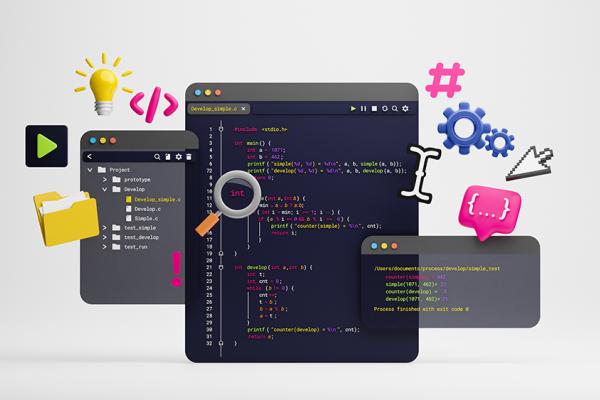

OK computer
There's a romantic vision of mathematicians only needing pen and paper for their work. Here's why this is far from the truth when it comes to mathematical modelling, used to solve problems in the real world.
Article

A short introduction to the work of Mark Braverman
Mark Braverman has won the Abacus Medal for a mathematical approach to solving problems while sharing as little information as possible.
Article

The Abacus Medal 2022: Mark Braverman
Mark Braverman has won the Abacus Medal for developing the theory of information complexity. He told us about the role of communication in computation, and why a mathematical view can help you understand how to solve problems while sharing as little information as possible.
Collection
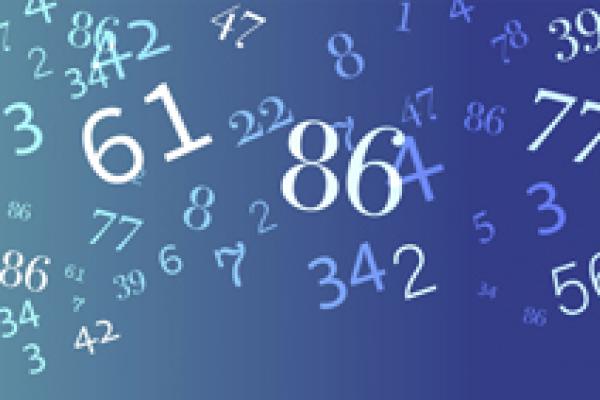

Happy birthday Quicksort!
Next month sees the 60th birthday of a famous algorithm called Quicksort. We explore its origin, its workings, and some other work of its inventor Tony Hoare.
News story
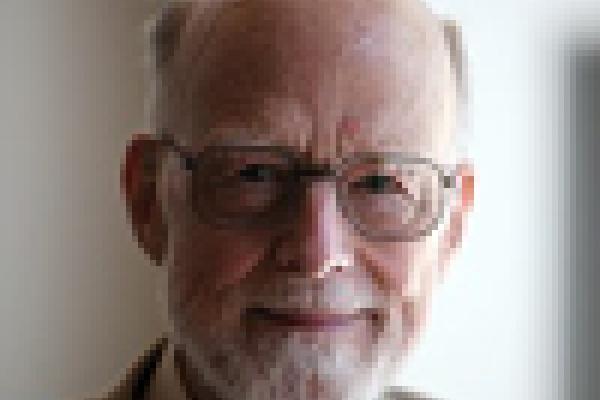
Tony Hoare: Beyond Quicksort
Imagine a world without computer errors. Tony Hoare, inventor of the famous Quicksort algorithm, is working on making it possible.
Article


Happy birthday Quicksort!
Quicksort is a famous algorithm which celebrates its 60th birthday this year. We explore its clever workings.
Article


Happy birthday Quicksort: Starting with bubbles
Next month sees the 60th birthday of a famous algorithm called Quicksort. Its inventor Tony Hoare told us that it all started with bubbles.
Collection

The physics of language
Can physics shed new light on understanding language? Sanjaye Ramgoolam tells us about his exciting new approach that brings together theoretical physics, mathematics and computer science.
Article

The physics of language (continued): signature of a language
Can physics shed new light on understanding language? An exciting new approach that brings together theoretical physics, mathematics and computer science might give us a new way to capture what makes a language unique.
Article
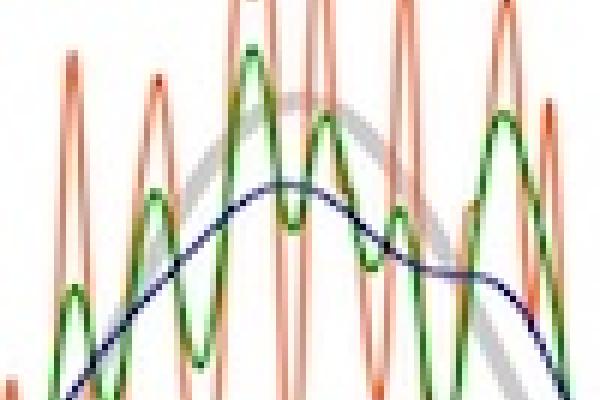
The physics of language (continued): matrix statistics
Can physics shed new light on understanding language? An exciting new approach that brings together theoretical physics, mathematics and computer science might give us a new way to capture what makes a language unique.
Article
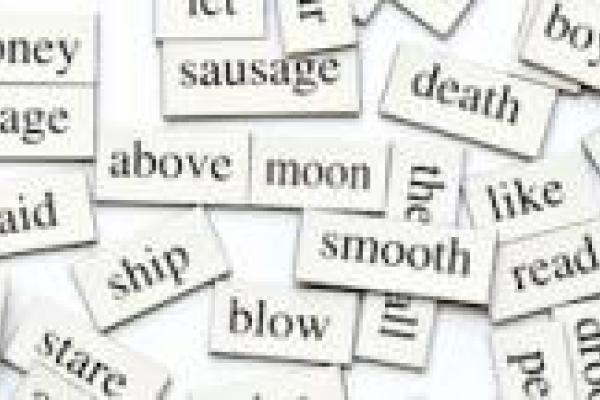
The physics of language
Can physics shed new light on understanding language? An exciting new approach that brings together theoretical physics, mathematics and computer science might give us a new way to capture what makes a language unique.